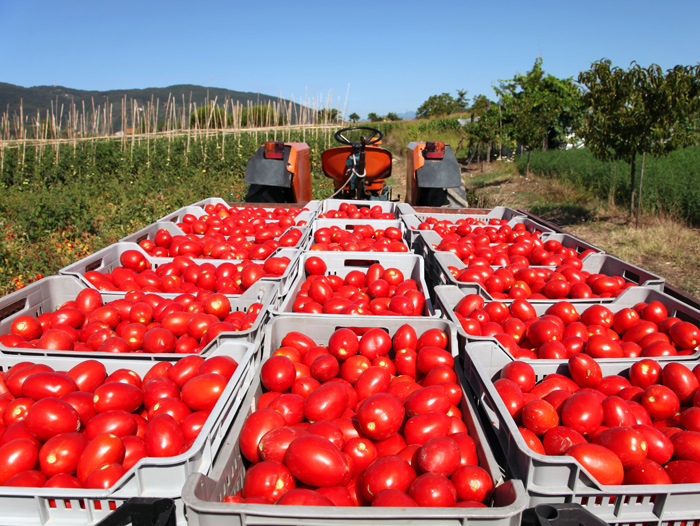Mexican Tomato Growers and Their Supporters Testify Before ITC
March 22, 2019 | 3 min to read

WASHINGTON — A range of U.S. and Mexican tomato growers, independent distributors, American buyers and market experts told the U.S. International Trade Commission that the Florida tomato industry is its own worst enemy. They revealed how Mexico and other countries have adopted new greenhouse technologies that permit them to sell a wide variety of fresh produce that consumers prefer.
Meanwhile, Florida continues to sell tomatoes that are grown in open fields and then injected with ethylene gas, a process dating back to World War II that results in tomatoes that are good to slice but not to eat. The witnesses made clear that if there is no Tomato Suspension Agreement, all the evidence supports a free market unhindered by the tariffs the Florida growers are seeking at the Commerce Department.
The Mexican tomato growers, represented by Shearman & Sterling, also urged the Commission to give them their day in court and reject a false deadline that would permit the Commerce Department to terminate the Tomato Suspension Agreement and moot this proceeding just two days before the Commissioners are scheduled to vote on whether to permit free and fair trade in the U.S. market.
Throughout the hearing, these witnesses clearly proved the following:
- Mexico has revolutionized production of fresh tomatoes with its greenhouse-grown, vine-ripened tomatoes: “The advantages of protected agriculture are enormous. Tomatoes in the open fields are grown naked – they are exposed to the elements, vulnerable to damage from weather and pests, as well as to animal contamination which can spread sickness and disease,” said Theojary Crisantes, an agronomist whose family business owns and operates greenhouses in Mexico and Arizona. “Tomatoes grown in a protected environment avoid these problems. They can be grown with few, if any, pesticides, are free from animal contamination and therefore much safer from a food safety standpoint, they are more uniform in quality and appearance, and can be brought to market fresher.”
- Mexican tomatoes sell at higher prices than their Florida competition and in different markets: Michael J. Agostini, a former senior produce buyer for Walmart, testified: “The market has shown that consumers are willing to pay more for the vine ripe, protected-agriculture tomatoes because they perceive them to be better. At Walmart we paid more for them as well, even though there is more risk for spoilage than with the mature green. In fact, in my eight years, I cannot recall an instance where the price offered for the Mexican product was below that offered us for domestic mature green tomatoes.”
- Retailers have rejected gas greens. Again, Mr. Agostini told the Commission: “Mature greens stayed firm, were easy to ship, lasted forever, and looked good on the shelf. But they were basically tasteless.”
- Florida growers are trying to create a monopoly by growing in Florida and distributing Mexican tomatoes: “While, on one hand, [the Florida Tomato Exchange] forced the Commission to undertake this sunset review, at the same time these Florida companies have increased their own production in Mexico and their purchases of Mexican tomatoes,” said Jaime Chamberlain, President of Arizona-based J-C Distributing Inc. “They have also begun systematically acquiring and expanding distribution networks in the U.S. Their goal is to prevent American importers like myself from distributing Mexican tomatoes as we have for over a century to our valued North American customers.”
In addition to this testimony, the Mexican growers presented a range of supporting information, including a 2017 University of Florida study indicating that tomato production in Florida is hindered by hurricanes, freezes, poor soils, pests, diseases, labor shortages, real estate development and urban sprawl.
Mexican growers have been negotiating an updated agreement with Commerce for more than a year, making five proposals with unprecedented trade enforcement measures while rejecting a Florida proposal that is not permitted under U.S. law. During this period the clock has been running on the ITC’s five-year sunset review, which will determine whether the agreement stays in place or the U.S. tomato market functions freely for the first time in 22 years. After failing to respond for three months to a very strong Mexican grower proposal, the Commerce Department announced on February 6, 2019 that it was withdrawing from the agreement with the required 90-days’ notice. Commerce now seeks to reinstate a 22-year-old antidumping investigation based on demands from a few Florida growers and take the decision out of the Commission’s hands unless it moves up its vote.
